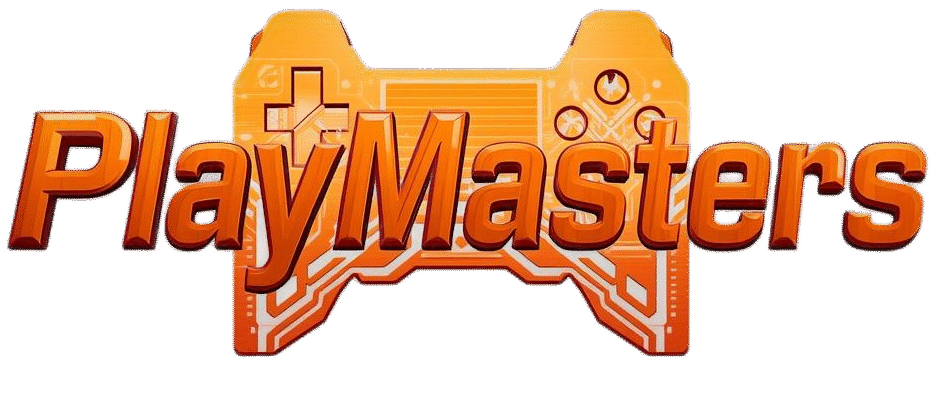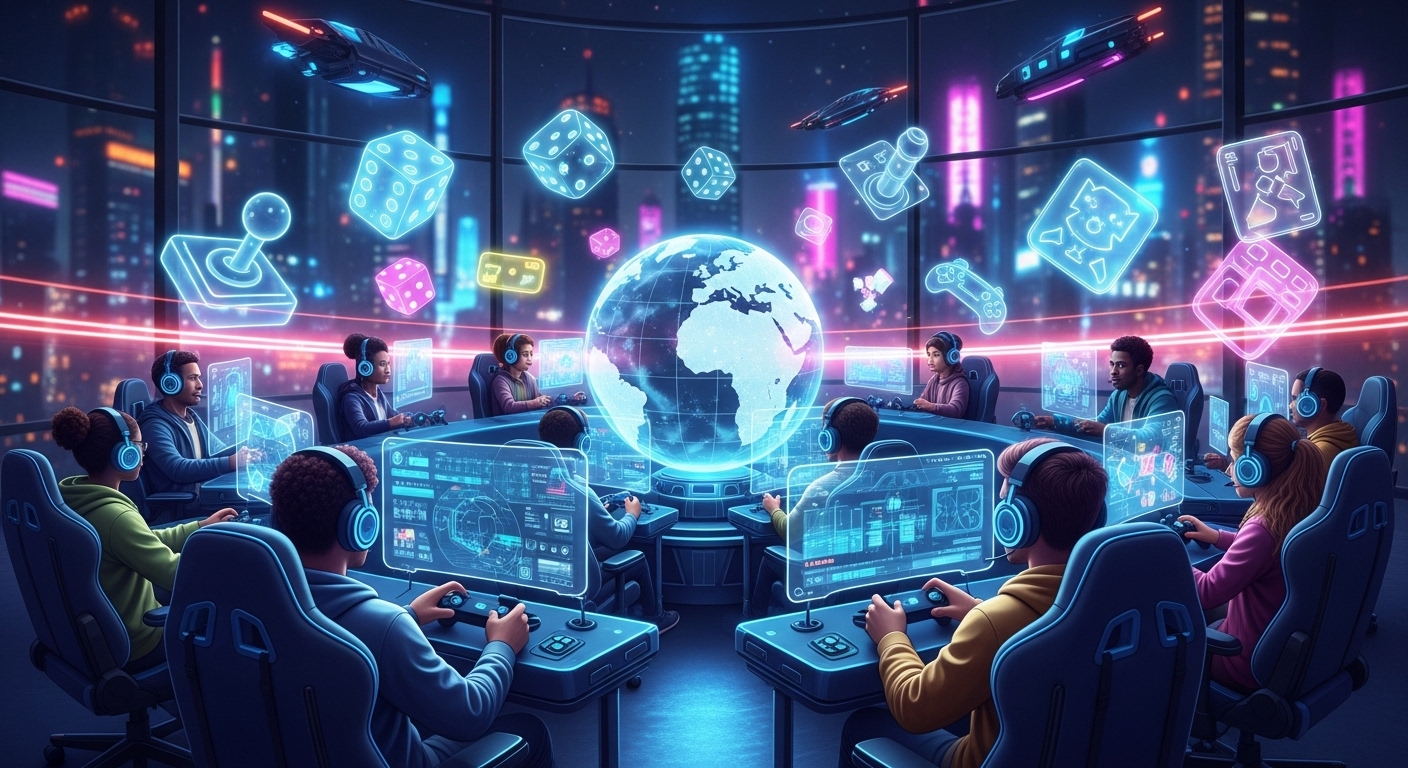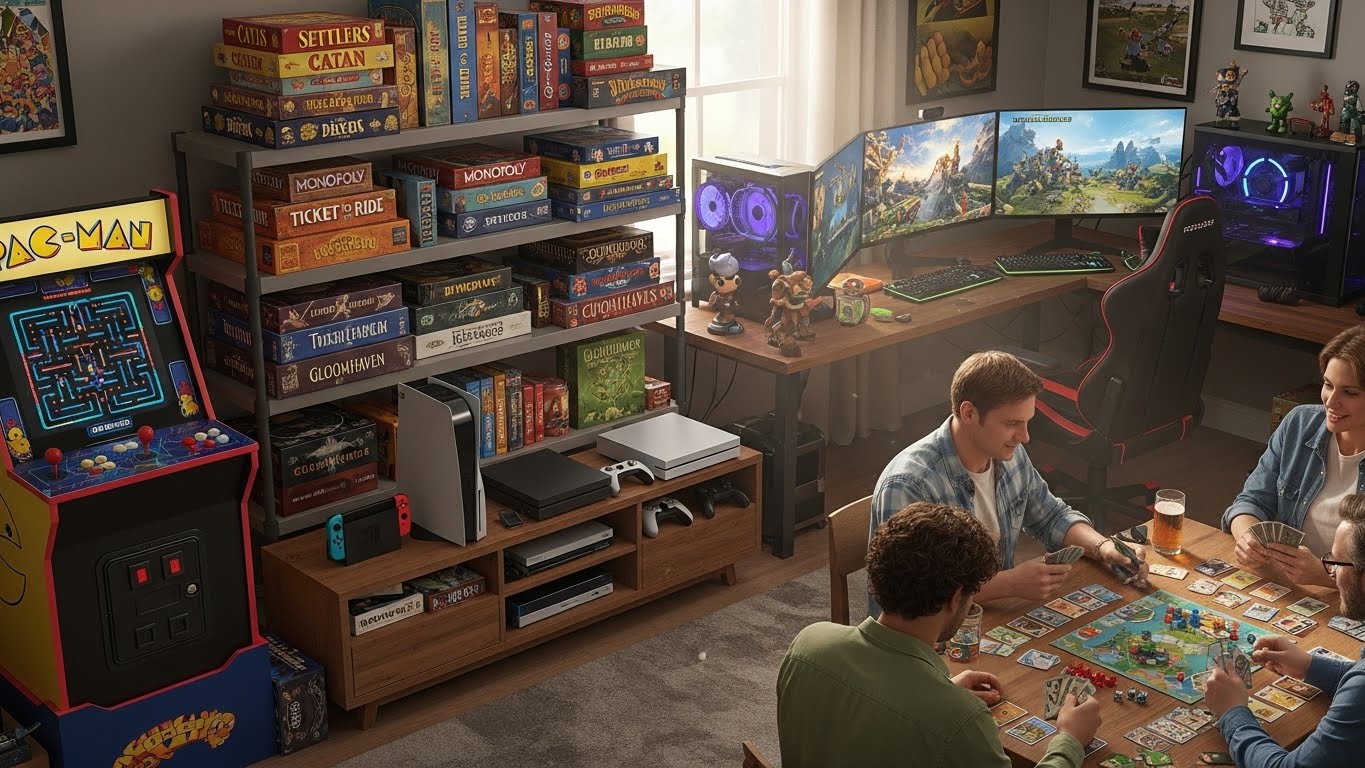Introduction
Games have always been a vital part of human civilization. From the earliest days of history to the digital era we live in now, games have evolved as a universal language that transcends age, culture, and geography. Whether played on a field, a board, or a screen, games serve as a form of entertainment, education, competition, and even art. They reflect human creativity, strategy, and desire for connection. In this vast and ever-changing world, the concept of “games” has grown far beyond a pastime—it has become an integral part of who we are as people and how we engage with the world around us.
This blog explores the fascinating universe of games—from traditional roots to modern digital marvels, from their social impact to the psychology behind them, and how gaming continues to shape the future.
The Ancient Origins of Games
Games are as old as humanity itself. Archaeological evidence shows that ancient civilizations engaged in various forms of play thousands of years ago. The ancient Egyptians, for instance, played Senet, a board game believed to symbolize the journey to the afterlife. In China, Go was invented over 2,500 years ago and remains one of the most complex and strategic board games ever created. The Greeks and Romans also enjoyed athletic games that later inspired the modern Olympic Games.
These early forms of play were not just entertainment. They carried cultural, spiritual, and educational value. Games helped people learn about strategy, luck, patience, and teamwork. In some societies, they were even believed to have mystical connections, guiding destiny or bringing fortune. The simplicity of ancient games reminds us that play is deeply ingrained in human nature—it fulfills a primal need for engagement, learning, and joy.
The Rise of Competitive Sports
As societies evolved, so did their forms of play. The emergence of organized sports marked a turning point in human entertainment and competition. Sports like soccer, cricket, basketball, and tennis became more than just games—they turned into symbols of unity, pride, and identity. Communities began rallying around teams, creating traditions and rivalries that lasted generations.
The 19th and 20th centuries saw the global spread of sports through colonization, trade, and media. The establishment of sporting organizations and global tournaments like the Olympics or World Cup transformed sports into an international phenomenon. Sports became both a physical and mental pursuit, combining athletic skill with strategic thinking.
Moreover, sports gave birth to icons—athletes whose skill and determination inspired millions. Figures like Muhammad Ali, Pelé, Serena Williams, and Usain Bolt transcended the boundaries of sport, becoming cultural symbols of perseverance and excellence. Through them, games took on a new meaning—no longer just leisure, but a path to greatness.
The Birth of Modern Gaming
While traditional sports continued to flourish, a new form of game began to emerge in the 20th century—the digital game. What started as simple experiments on computers evolved into a massive global industry. Early video games like Pong, Space Invaders, and Pac-Man revolutionized the idea of interactive entertainment. Players could now experience virtual challenges that combined skill, reflex, and imagination in entirely new ways.
The 1980s and 1990s became a golden era of innovation. Consoles like the Nintendo Entertainment System and Sega Genesis brought gaming into homes, while arcades filled with flashing lights and sound effects became the social hubs of youth. Characters like Mario, Sonic, and Link became household names.
As technology advanced, games became more immersive and narrative-driven. The introduction of 3D graphics, complex storylines, and online multiplayer capabilities expanded what games could be. They were no longer just pixelated challenges; they became emotional experiences that rivaled films and books in storytelling.
The Evolution of Game Genres
The diversity of games today is astonishing. There is a game for every kind of player and mood. Genres have expanded and blended over time, creating new forms of expression and engagement.
Action and Adventure Games: These games place players in thrilling environments filled with challenges, puzzles, and enemies. Titles like The Legend of Zelda and Uncharted combine exploration with storytelling, encouraging curiosity and courage.
Role-Playing Games (RPGs): RPGs allow players to step into the shoes of a character and embark on epic journeys. Whether saving the world in Final Fantasy or exploring fantasy lands in The Elder Scrolls, these games foster deep emotional connections and creativity.
Simulation Games: From managing cities in SimCity to living virtual lives in The Sims, simulation games let players experience different aspects of reality—or fantasy. They blend creativity and strategy, offering endless replayability.
Sports and Racing Games: Virtual sports like FIFA, NBA 2K, and Gran Turismo replicate the excitement of real-world competition. They have even bridged the gap between gamers and athletes, creating esports communities around sports titles.
Strategy and Puzzle Games: Games like Chess, Civilization, and Tetris challenge players’ intellect, planning, and foresight. They emphasize logic and patience over reflexes.
Survival and Horror Games: These immerse players in tension-filled environments, testing courage and adaptability. Titles like Resident Evil or Minecraft in survival mode showcase the thrill of endurance.
Each genre adds a unique flavor to gaming culture, appealing to different emotions and motivations. Together, they demonstrate that games are not one-dimensional—they are a spectrum of human creativity.
The Rise of Esports and Professional Gaming
One of the most revolutionary changes in the gaming world is the rise of esports—competitive gaming at a professional level. What began as small tournaments among friends has evolved into a billion-dollar industry with packed arenas, global audiences, and professional teams.
Esports titles such as League of Legends, Dota 2, Counter-Strike, and Fortnite have become global sensations. Players dedicate years to mastering their skills, much like athletes in traditional sports. These professionals train, strategize, and compete for fame, sponsorships, and life-changing prizes.
Streaming platforms and live broadcasts have helped esports reach mainstream audiences. Millions tune in to watch their favorite players and teams, cheering them on just like fans at a stadium. Esports has also opened doors for analysts, commentators, and creators, expanding the ecosystem beyond players alone.
The growth of esports demonstrates a cultural shift: gaming is now recognized not just as a hobby but as a legitimate career and sport.
The Psychological Power of Games
Beyond competition and entertainment, games have a profound psychological impact. They stimulate the brain, promote problem-solving, and encourage creativity. Many games require planning, decision-making, and multitasking—skills that enhance cognitive function in real life.
Moreover, games can be deeply therapeutic. They provide a safe space to escape stress, express emotions, and explore alternate realities. For some, gaming serves as a way to connect with friends and communities, especially in an increasingly digital world.
The concept of “flow” is often discussed in gaming psychology. Flow is the state of complete immersion and focus when a player is fully engaged in the experience. This state brings a sense of satisfaction and accomplishment that few other activities can replicate.
However, balance is key. While games can be empowering, excessive play without moderation can lead to issues like addiction or social withdrawal. The best gaming experiences are those that combine enjoyment with mindfulness and healthy limits.
Games as Art
For years, people debated whether video games could be considered art. Today, that debate feels outdated. Games blend storytelling, music, visual design, and interactivity in ways that no other medium can. They evoke emotion, deliver meaning, and provoke thought.
Titles like Journey, The Last of Us, and Shadow of the Colossus have proven that games can convey deep human experiences—love, loss, hope, and redemption. Independent developers have also contributed masterpieces that explore topics like mental health, identity, and morality.
Games are a unique art form because they invite participation. Unlike watching a movie or reading a book, players shape the outcome through their choices. This interactivity makes games a living form of art, where the audience becomes part of the creation.
The Social Side of Gaming
Gaming is no longer a solitary activity. The internet has turned games into global meeting places where people from all over the world can connect, compete, and collaborate. Online multiplayer games, virtual worlds, and social platforms allow players to make friends, form communities, and share experiences.
Games like Minecraft, Roblox, and Fortnite are not just games—they are digital spaces for creativity and social interaction. Players build, explore, and host events together, blurring the line between play and social life.
This connectivity has been especially important in recent years, helping people stay connected even when physically apart. For many, gaming has become a source of friendship and belonging.
The Future of Gaming
The future of gaming is boundless. With emerging technologies like virtual reality (VR), augmented reality (AR), and artificial intelligence (AI), the boundaries of what games can achieve are expanding rapidly.
VR immerses players in 360-degree environments, making them feel as if they are truly inside the game world. AR blends the virtual and real, bringing interactive experiences into everyday life. AI is being used to create smarter, more dynamic game worlds that adapt to player behavior.
Cloud gaming is also reshaping accessibility. Players no longer need expensive hardware to enjoy high-quality games—they can stream directly to devices anywhere. This innovation is democratizing gaming, allowing more people to participate than ever before.
The line between games and reality continues to blur. In the coming years, we may see even more integration between gaming, education, business, and social interaction. The possibilities are endless.
The Educational Value of Games
Games are not just entertainment—they are powerful tools for learning. Educational games use interactive methods to teach subjects like math, science, history, and language in engaging ways. They encourage experimentation, curiosity, and problem-solving.
Even non-educational games teach valuable life skills. Strategy games build critical thinking. Team-based games promote communication and leadership. Simulation games foster empathy and decision-making. When used wisely, gaming can be one of the most effective learning tools available.
Schools and educators have begun integrating games into curricula to enhance engagement and retention. By combining play and education, games can make learning both fun and meaningful.
Conclusion
Games have come a long way—from stones and sticks to virtual worlds of infinite imagination. They have entertained, educated, and connected us across generations. Whether played for fun, competition, or expression, games reflect the very essence of being human: our desire to explore, create, and connect.
The world of games will continue to evolve, breaking boundaries and redefining what it means to play. But no matter how far technology advances, the heart of gaming will remain the same—the joy of discovery, the thrill of challenge, and the bond of shared experience.
Games are more than play—they are a celebration of imagination, passion, and the endless possibilities of the human spirit.




